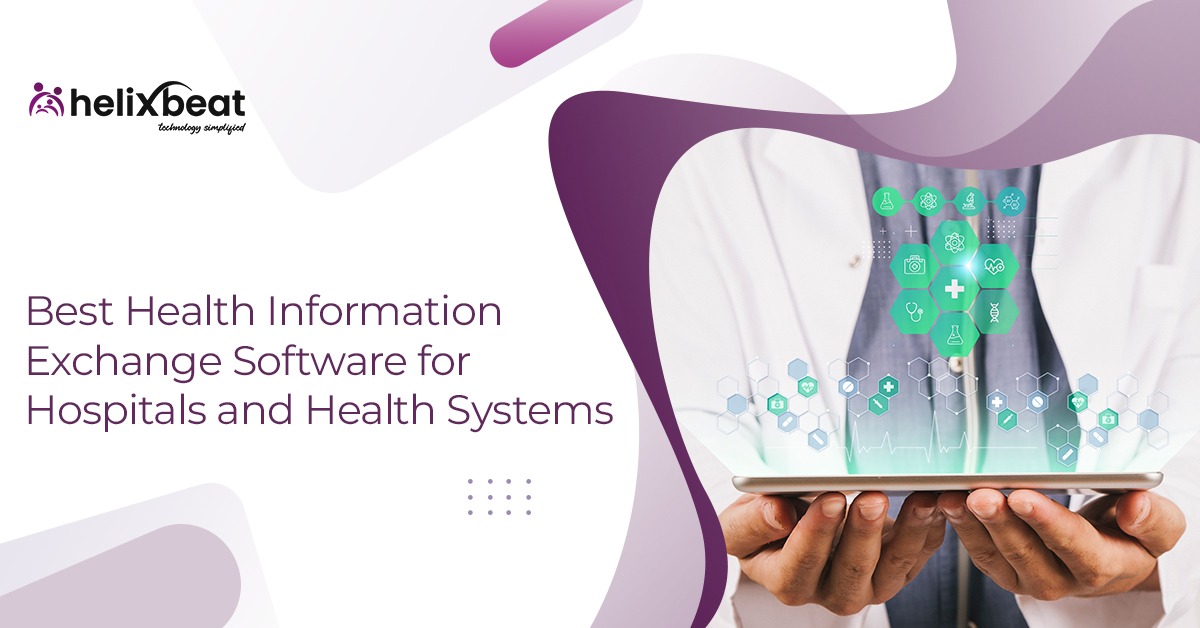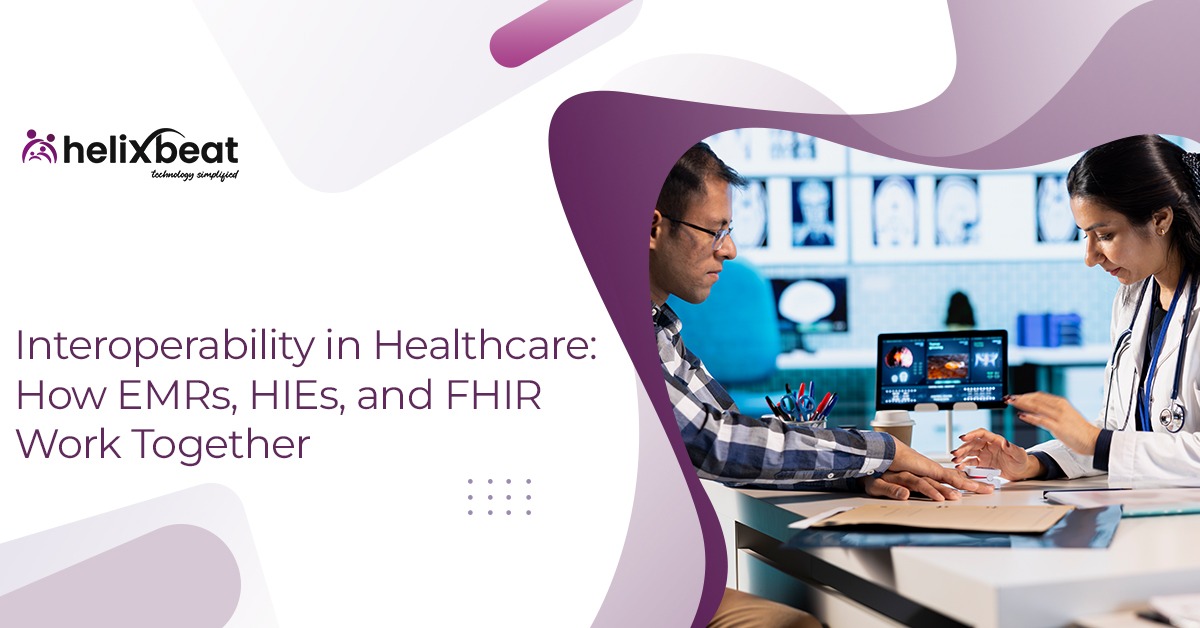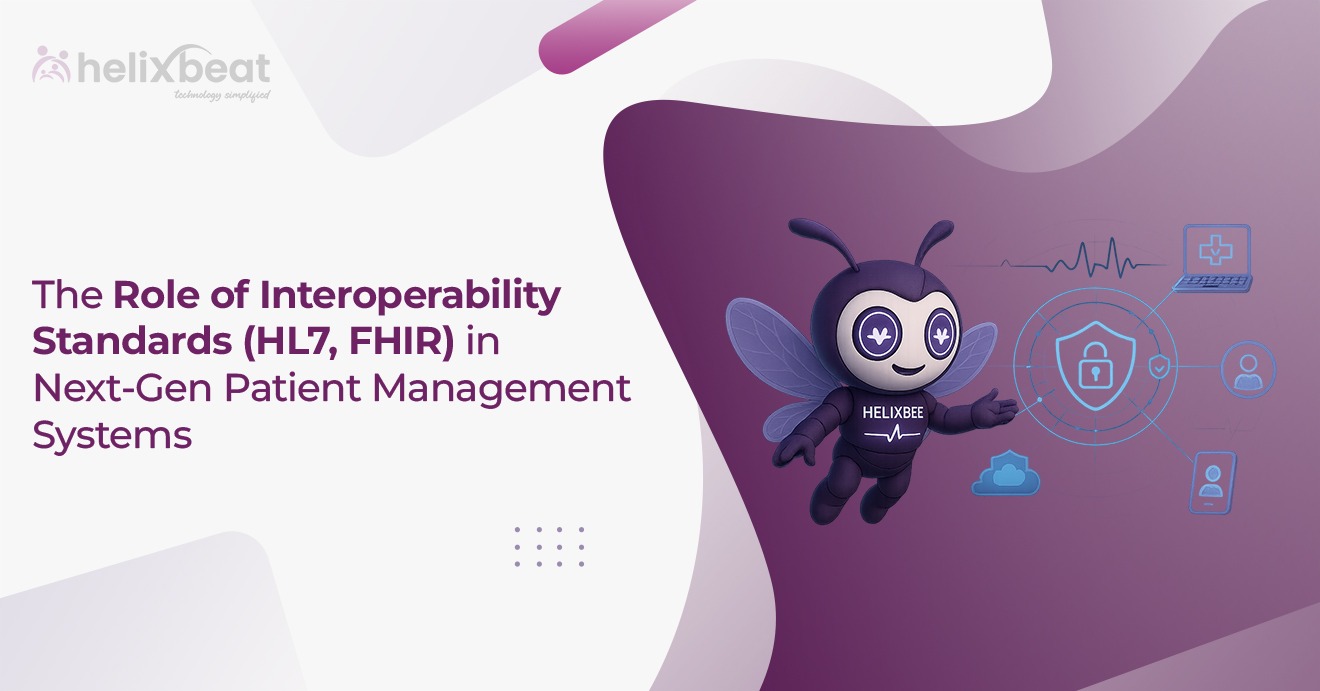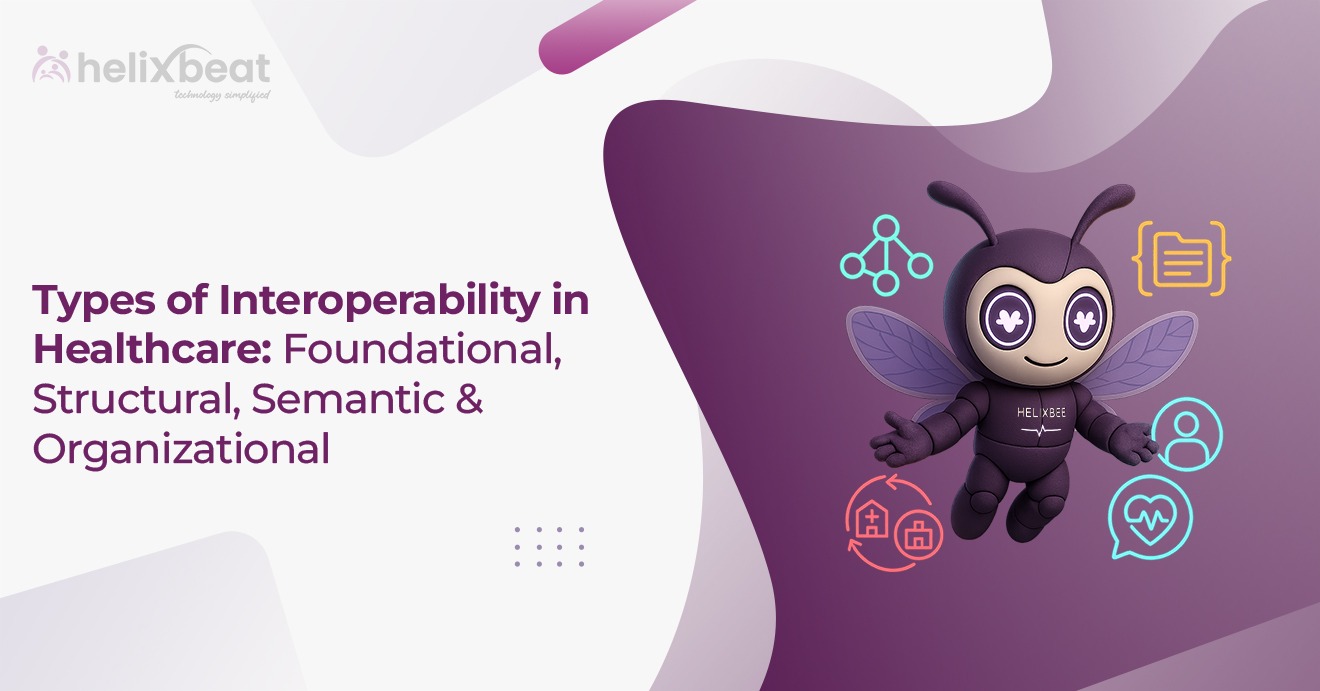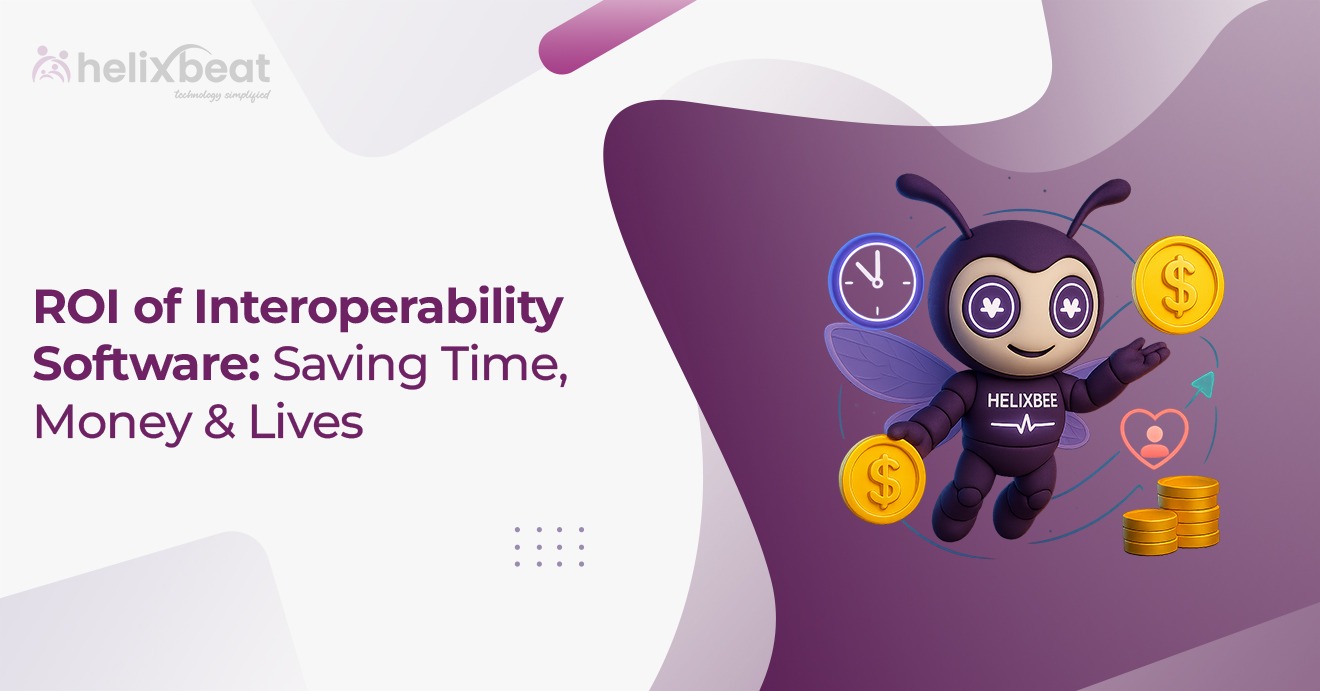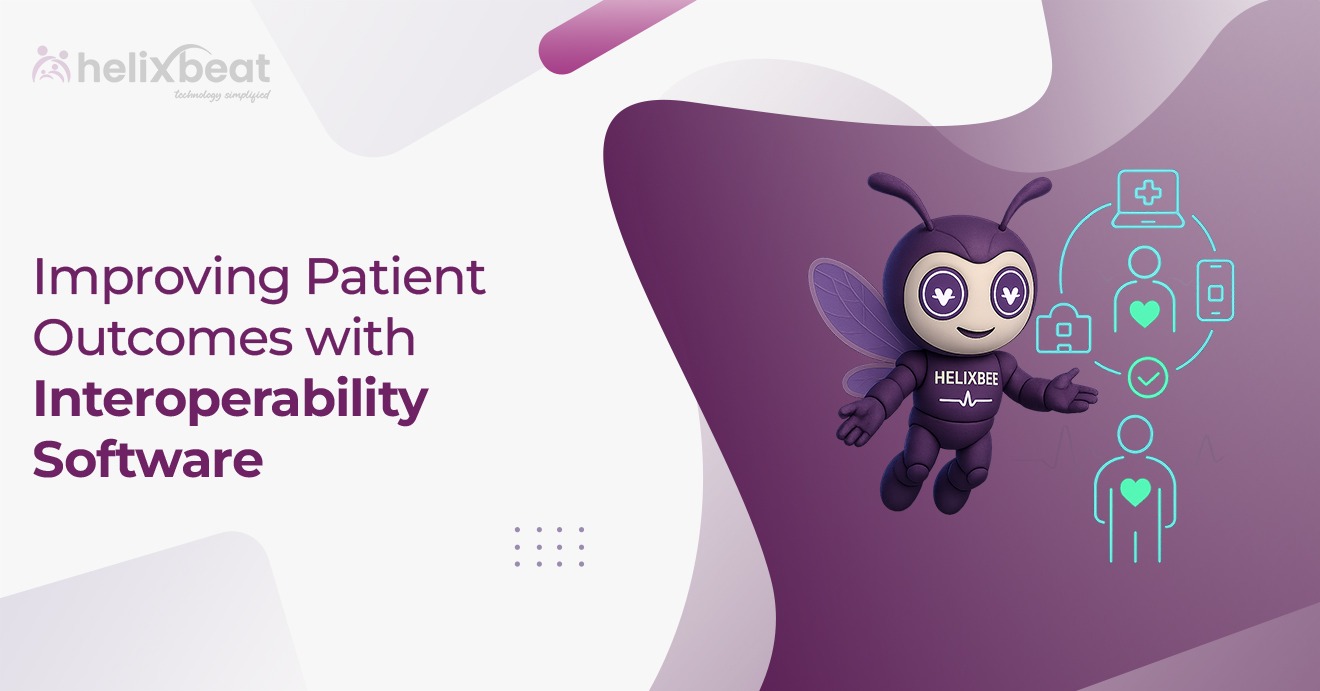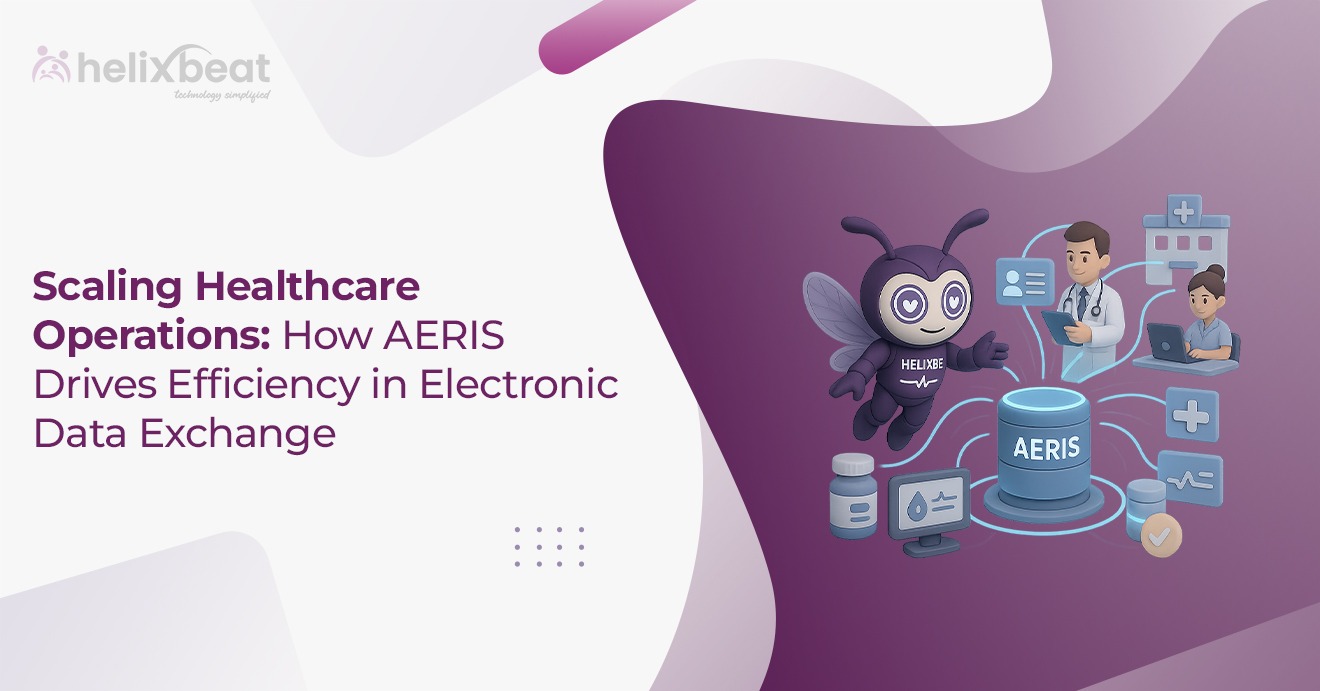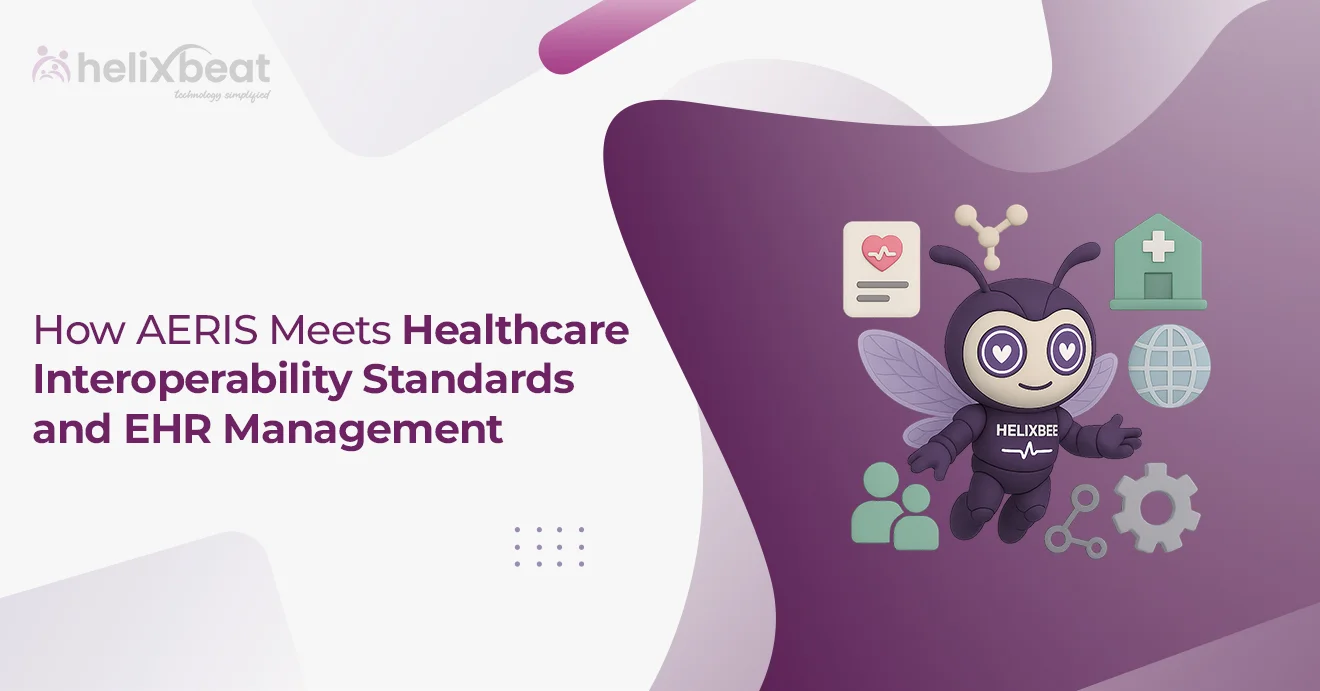Why Should You Build Seamless Interoperability?
Efficient Workflow Management
Automates data exchange between departments or organizations, reducing processing times by 50% and ensuring seamless collaboration across workflows.
Real-Time Operational Insights
Connects analytics systems and operational databases, reducing reporting delays by 75%, enabling faster decision-making and improved efficiency.
Supply Chain Optimization
Syncs supply chain data, preventing 90% of errors caused by manual tracking, improving order accuracy and on-time delivery rates.
Financial Reconciliation
Automates transaction data sharing, reducing submission errors by 15% and accelerating financial reporting by 25%, improving cash flow.
Resource Management
Enables seamless data sharing across teams, improving resource allocation and reducing redundant efforts by 30%.
Collaborative Innovation
Facilitates real-time sharing of operational records, cutting communication costs by 60% and reducing project delays across departments or partners.
Let’s shape the future of Healthcare together

What makes AERIS stand out?
Enables real-time data exchange, cutting communication delays by 50% and improving care coordination across systems.
Real-Time Efficiency Gains
01
- Real-time data exchange.
- Reduced operational overhead.
- Accelerated decision-making.
Plug-and-Play Integration
02
- Easy system compatibility.
- Minimal implementation cost.
- Quick scalability.
Proven Financial Benefits
03
- Cost-effective solutions.
- Measurable ROI benefits.
- Better operational performance.
What Sets Us Apart
Our expertise in digital transformation makes us a perfect match for your needs. Join us in bringing your vision to life.
Got a question? We have answers.
Q1. What is AERIS and how does it improve healthcare data interoperability?
Answer: AERIS is a solution that facilitates FHIR-based data standardization across systems, improving the interoperability of healthcare data. By using industry standards like HL7 and FHIR, AERIS ensures seamless data sharing between healthcare organizations, leading to better patient care and streamlined operations.
Q2. How does AERIS integrate with existing healthcare systems?
Answer: AERIS integrates easily with Electronic Health Records (EHRs), Health Information Exchanges (HIEs), and other healthcare management systems by adhering to FHIR standards. This integration enhances data sharing and ensures real-time access to patient information, improving decision-making and patient outcomes.
Q3. What are the benefits of FHIR-based data standardization in healthcare?
Answer: FHIR-based data standardization ensures that healthcare data is consistent, interoperable, and easily accessible across different platforms. This enables faster exchange of information, reduces errors, enhances patient safety, and supports better clinical decisions by ensuring accurate and up-to-date data is available.
Q4. How does AERIS improve patient care outcomes?
Answer: AERIS enhances patient care outcomes by ensuring real-time access to accurate, comprehensive health data. This allows healthcare providers to make informed decisions quickly, leading to better treatment plans, reduced errors, and improved overall patient satisfaction.
Q5. Can AERIS support healthcare interoperability across multiple regions or countries?
Answer: Yes, AERIS is designed to support healthcare interoperability on a global scale. It complies with international standards like HL7 and FHIR, making it suitable for healthcare systems across different countries, enabling data exchange and collaboration across borders.
Q6. What makes AERIS different from other healthcare interoperability solutions?
Answer: AERIS stands out due to its focus on FHIR-based data standardization, seamless integration with existing healthcare systems, and its ability to facilitate real-time data sharing. Unlike other solutions, AERIS prioritizes scalability, flexibility, and compliance with global healthcare data standards.
Q7. How secure is the data shared through AERIS?
Answer: AERIS ensures data security through encryption and compliance with industry standards like HIPAA and GDPR. All data shared through the platform is protected to safeguard patient privacy and maintain confidentiality across healthcare organizations.
Q8. What types of healthcare data can AERIS standardize?
Answer: AERIS can standardize a wide range of healthcare data, including patient records, lab results, clinical notes, radiology images, and medication history. This ensures that all relevant data is accessible and consistent across healthcare providers.
Q9. Is AERIS suitable for both small clinics and large healthcare organizations?
Answer: Yes, AERIS is scalable and designed to meet the needs of both small clinics and large healthcare organizations. Whether you are a single healthcare provider or a large hospital network, AERIS can be tailored to fit your specific interoperability requirements.
Q10. How can I get started with AERIS in my healthcare organization?
Answer: Getting started with AERIS is simple. Contact our sales team for a personalized demo, and we will work with you to assess your current systems, provide integration solutions, and guide you through the process of implementing AERIS in your organization.
Q11. What is interoperability in healthcare?
Answer: Interoperability in healthcare refers to the ability of different healthcare systems, technologies, and devices to exchange and use patient data seamlessly. It ensures that information from various sources, such as electronic health records (EHRs), lab results, and imaging systems, can be shared accurately and securely between healthcare providers, improving patient care and operational efficiency.
Q12. What is real-time data exchange in healthcare?
Answer: Real-time data exchange in healthcare refers to the immediate sharing of patient information between healthcare systems as soon as it’s updated. This allows healthcare providers to access accurate and timely data for better decision-making, faster diagnosis, and more efficient treatment.
Q13. How does AERIS facilitate real-time data exchange in healthcare?
Answer: AERIS facilitates real-time data exchange by utilizing FHIR-based standards to ensure seamless and instantaneous sharing of healthcare data across different systems. This integration enables healthcare providers to access updated patient information in real-time, improving care quality and reducing delays in treatment.
Q14. What are the benefits of real-time data exchange for healthcare providers?
Answer: Real-time data exchange allows healthcare providers to make quicker, more informed decisions, leading to better patient outcomes. It reduces the risk of errors, improves communication between providers, and enhances operational efficiency by providing up-to-date information when it’s needed most.
Q15. How does real-time data exchange improve patient care?
Answer: By enabling the instant sharing of patient information, real-time data exchange ensures that healthcare providers have access to the most current and accurate data. This leads to faster diagnosis, timely interventions, and improved coordination between different care teams, ultimately enhancing the quality of patient care.
Q16. Can AERIS handle real-time data exchange across multiple healthcare systems?
Answer: Yes, AERIS is designed to support real-time data exchange across a wide range of healthcare systems, including EHRs, HIEs, and other clinical platforms. Its use of FHIR standards ensures compatibility and smooth data flow between disparate systems, regardless of the technology in use.
Q17. Is real-time data exchange secure in AERIS?
Answer: Yes, AERIS ensures the security of real-time data exchange through encryption, compliance with healthcare data standards such as HIPAA and GDPR, and robust data access controls. This ensures that patient information is shared securely and only with authorized parties.
Q18. How does real-time data exchange support emergency care?
Answer: In emergency care situations, real-time data exchange allows providers to access critical patient information, such as medical history, allergies, and current medications, instantly. This rapid access helps make timely decisions, improving patient outcomes in critical situations.
Q19. What healthcare systems can integrate with AERIS for real-time data exchange?
Answer: AERIS can integrate with a wide variety of healthcare systems, including Electronic Health Records (EHRs), Health Information Exchanges (HIEs), laboratory information systems, and medical imaging platforms. Its flexibility ensures that real-time data exchange.
Q20. What is HL7 FHIR and why is it important in healthcare?
Answer: HL7 FHIR (Fast Healthcare Interoperability Resources) is a set of standards for exchanging healthcare information electronically. It enables healthcare systems to share data in a standardized, secure, and interoperable way. FHIR simplifies the integration of various healthcare systems, allowing for seamless data exchange, improving patient care, and enhancing operational efficiency across different platforms.





